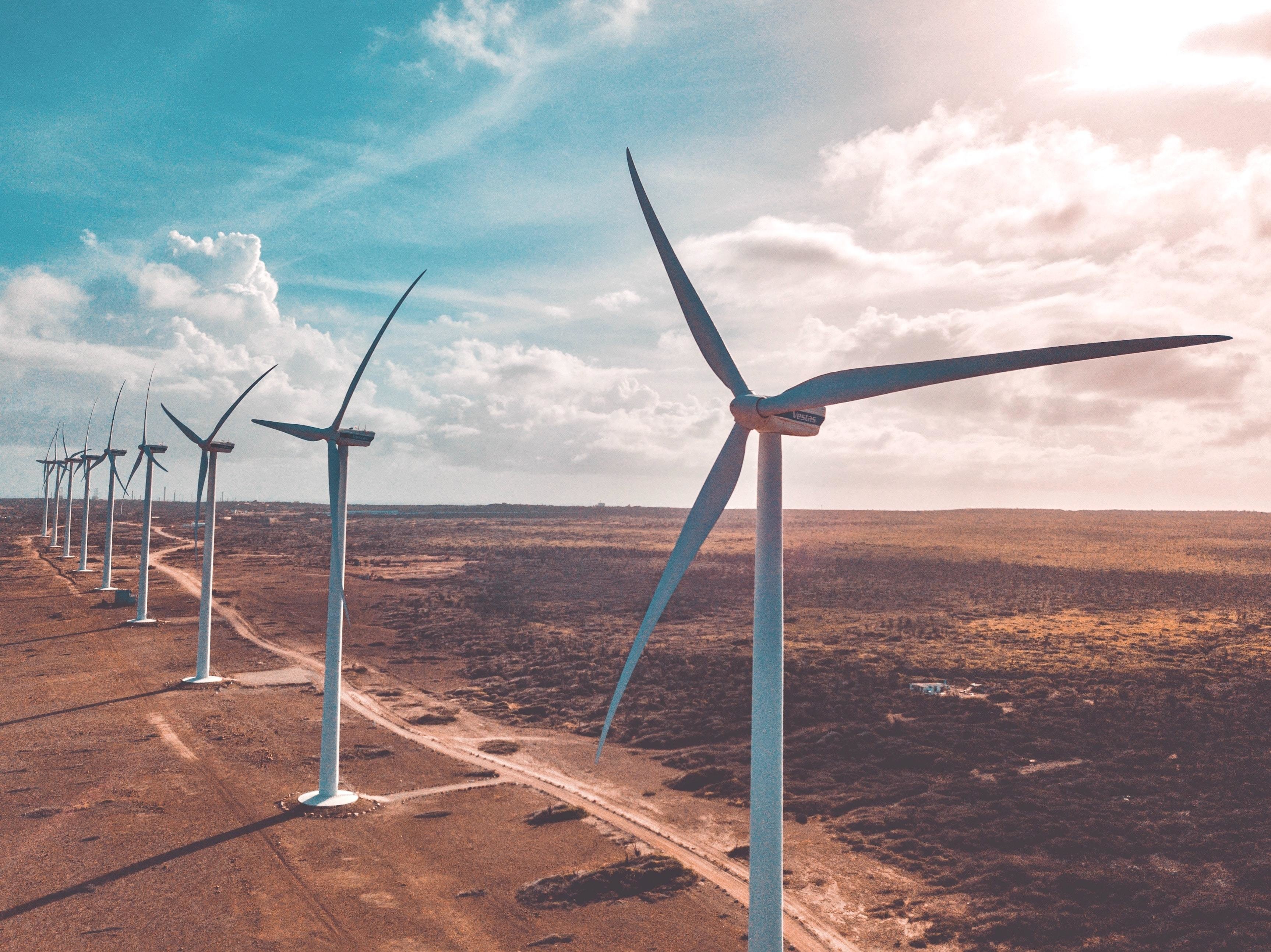
How philanthropy can unlock action on climate and nature in this critical decade
Correction: A previous version of this article incorrectly identified the scope of work covered by Philanthropy Asia Alliance.
Anthony is Executive Fellow, Strategic Engagement, Center for Nature and Climate, World Economic Forum and Senior Advisor to the CEO & Chair, Advisory Board, Mission Possible Partnership. Anthony was Chief Executive Officer of the Carbon Tracker Initiative from February 2014 to March 2019, and now is co-chair of the Advisory Board. Previously he was a partner and Global Head of the Sustainability & Climate Finance Practice at global law firm Norton Rose Fulbright. Formerly he was General Counsel to the Climate Change Capital Carbon Fund and Director of Legal Policy for Climate Change Capital which he joined in September 2005.
Anthony specialised in climate change and clean energy law as well as UK, EU and international environmental law. He has played a key role in helping to design the UKs pilot emissions trading scheme and in developing key aspects of the EU ETS. He advised a wide range of banks, trading companies, project development companies, corporates and public sector entities who were active participants in carbon markets. Anthony was seconded to Norton Rose Fulbright’s Sydney office between 2010 and 2012 where he was heavily involved in the development of the emerging carbon and clean energy markets in Australia and Asia. He was a key figure behind the creation of the business advocacy group Businesses for a Clean Economy, a coalition of business arguing for a price on carbon. Anthony was behind the creation of the business group Climate Markets & Investment Association. He sat on the board of the Verified Carbon Standards Association (now Vera) between 2007 and 2015. He currently sits on the Advisory Board to the Climate Bonds Initiative and the Global Footprint Network. Anthony holds a First-Class Honours Degree in Chemistry & Physics and an LLM in Environmental Law. He qualified as a solicitor of England and Wales in 1994. He writes and speaks widely on climate risk and the financial sector.
Correction: A previous version of this article incorrectly identified the scope of work covered by Philanthropy Asia Alliance.
“We don’t believe you (...) but I am here to say, prove us wrong.” These were the words spoken by the Ugandan climate justice activist Vanessa Nakate on the penultimate day of COP26. Whil...
Expectations for the COP26 climate talks are enormous. Growing public concern over climate-related extreme weather events means policymakers are under great pressure to deliver breakthrou...
Maritime shipping carries around 80% of the goods that the global economy moves around the world. Shipping is the lowest carbon form of transport per tonne of goods moved, but it still ac...
The best of human endeavour, excellence and solidarity is currently on display at the Tokyo Olympics. In the face of the challenges posed by the COVID-19 pandemic, the Games is bringing t...
One of the adages of the environmental movement used to be “think global, act local”. There’s a lot to be said for encouraging individuals and organizations to take action close to home. ...
A sustainable, zero-carbon global economy will, literally and figuratively, rest on concrete. It is the world’s most-used building material. It is ubiquitous, versatile, affordable, durab...
Our parent’s generation put a man on the moon eight years after JFK’s commitment to do so in May 1961. In this decisive decade, when faced with the threat of a climate emergency, how can ...
In order to avoid irreversible damage to our societies, economies and the natural world, we must limit global temperature rise to 1.5°C above pre-industrial levels.
Heavy industry (cement, steel, chemicals and aluminium) and heavy-duty transport (shipping, trucking and aviation) are together responsible for nearly one-third of global CO2 emissions - ...
As COVID-19 has disrupted lives and economies in an unprecedented manner, societies across the globe are grappling with an immediate need to protect lives and livelihoods, challenging the...
私たちは、世界中の人に深刻な影響をもたらすグローバル・ヘルスの危機の真只中にいます。このような恐ろしい形でパンデミックが示したことは、堅牢かつレジリエント、そして安全な雇用と社会をもたらすことのできる経済を、再構築する必要があるということ。どのようにすれば、気候変動との闘いにおける有害な影響を最小限に抑えることができるでしょうか?
We are in the middle of a global health crisis that will have severe consequences for people around the world. What this pandemic has shown us in such a terrifying way is that we need to ...











